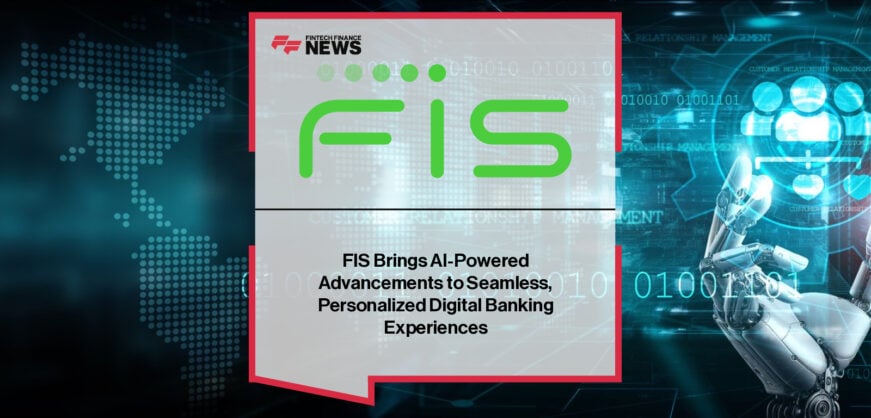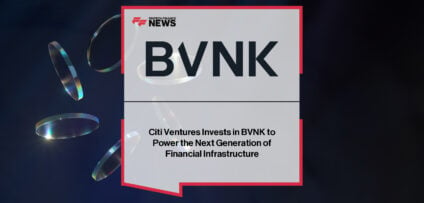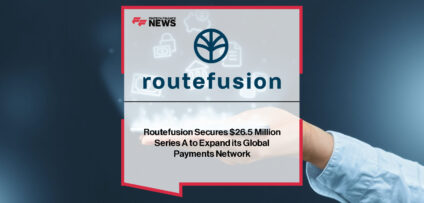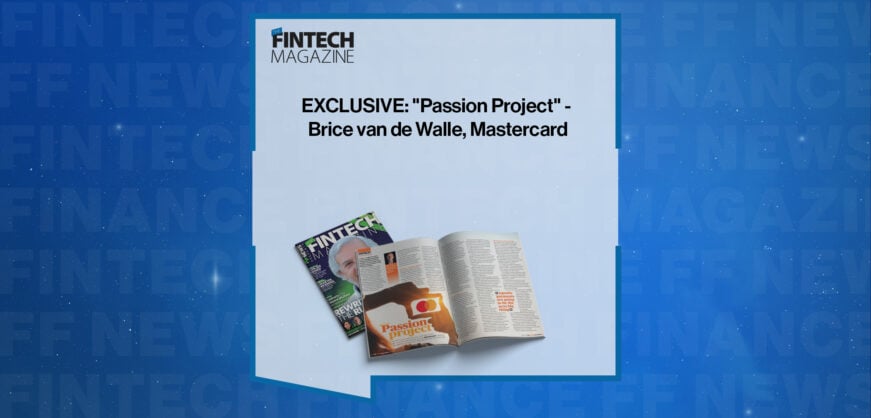Breaking News

How technology is changing the future of banking
By Amir Nabi, Chief Operating Officer at Dolfin
From the days when the local bank manager was treated like a b-list celebrity, banks have been through a crisis of self-confidence, let alone liquidity and profitability. But while they were dealing with their own internal problems post-crisis, a whole new industry was emerging that will shape the future of the sector: financial technology and new challenger banks.
In some ways, the financial crisis represented the end of an era and the germination of a new crop of institutions, which could confront the status quo. The things that banks and their customers took for granted were being questioned. People could no longer assume banks were safe, well capitalised, crisis-proof and, above all, the custodians of the only way to do banking. At the same time, technology was advancing at a faster speed than ever before, proving there was, after all, a different way. On top of that, regulatory change was sweeping across financial services, breaking down barriers and curtailing reckless behaviour.
This environment has shifted to an eco-system that accommodates the new challenger banks. The UK, whose banks were fully immersed in the crisis, presents fertile ground for these providers, with names like Metro, Monzo, Atom and Starling coming more to the fore and successfully raising capital in the market. They have recognised that technology is so integral to our society today and these banks are heavily based on harnessing it to form powerful tools that can enable their clients to achieve their objectives.
All banks depend on technology, but the traditional model invariably carries with it issues around old, bolted-on systems, bureaucracy and very confused strategies. Many of these new banks have an advantage in that they don’t have legacy tech and so they can be nimbler and more responsive to their customers.
Those customers include a new generation that has little affinity to the old banking system and is more than comfortable conducting transactions through their smart phone. But luring customers away from the incumbents is not an easy task and despite the crisis and subsequent scandals, people have remained remarkably loyal to their banks. There’s still a degree of trust because they are heavily regulated, backed by government guarantees and firmly embedded in the financial system
Furthermore, many of the challenger banks may have trouble achieving scale on their own and the real existential threat to traditional banks is more likely to be found in the big platforms.
However, with growing regulatory pressures – for example the Payments Services Directive 2, which will accelerate the concept of ‘open banking’ – it may not be feasible for large technology companies to fully enter the banking world and instead may opt for selling services to banks or even partnering. Established banks, accustomed to having control of disciplines like payment processing, are especially nervous about PSD2, given it forces them to share customer information via application programming interfaces, opening the door for new competitors. This is good news for customers, who will have more choice around who they select as their banking partners and removes the monopoly that banks have had for many years. Furthermore, with the banks now opening-up their data to third party providers, there will be some anxiety around security.
Nevertheless, there is a clear shift to a new dynamic and it has been witnessed that many companies have started out focusing on payments or FX, but they are now moving into the wealth management market – innovative technology-driven banking will eventually engulf all areas of the industry.
However, not all institutions will thrive in this new environment as there are more new banks around than people fully realise and most of them will struggle to succeed. Traditional banks now realise the future will be different and will involve a change of thinking, partnerships and, of course, technology. Ultimately, the banks that can marry technology with the human element clients now demand, delivering a fresh alternative, will be the ones that truly flourish.
- EXCLUSIVE: “Passion Project” – Brice van de Walle, Mastercard in ‘The Fintech Magazine’ Read more
- FreedomPay Drives Global Merchant Innovation Read more
- FIS Brings AI-Powered Advancements to Seamless, Personalized Digital Banking Experiences Read more
- Citi Ventures Invests in BVNK to Power the Next Generation of Financial Infrastructure Read more
- Nearly Two-Thirds of Global Retailers Say Payment Method Flexibility Drives Revenue Growth, ACI Worldwide Survey Finds Read more













